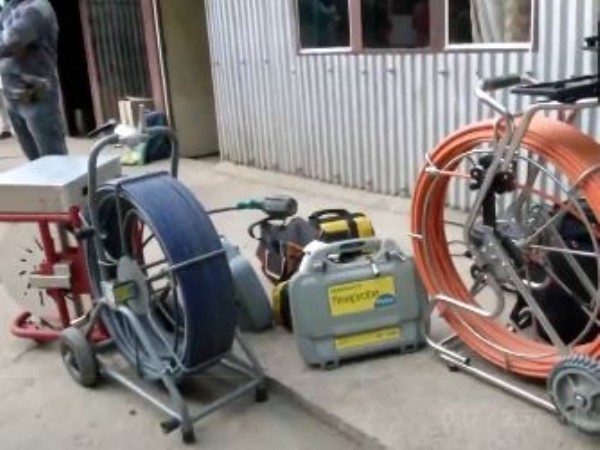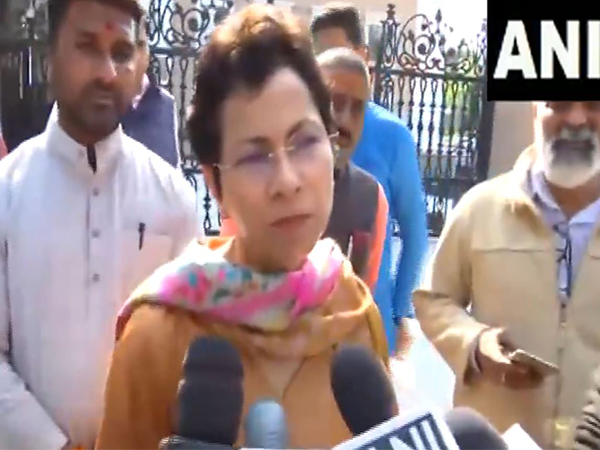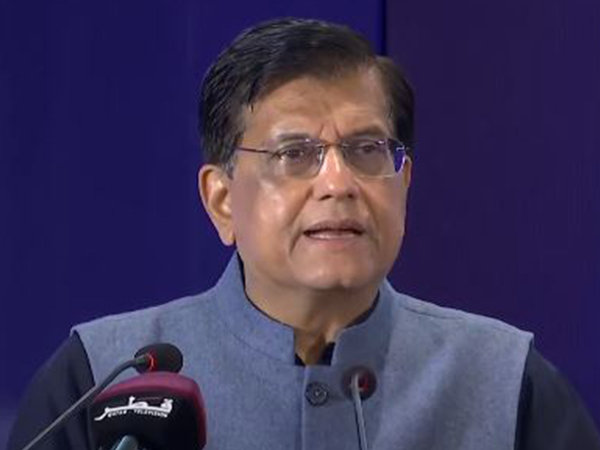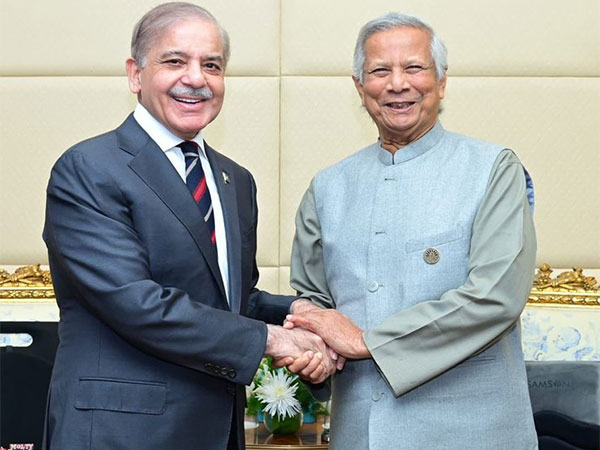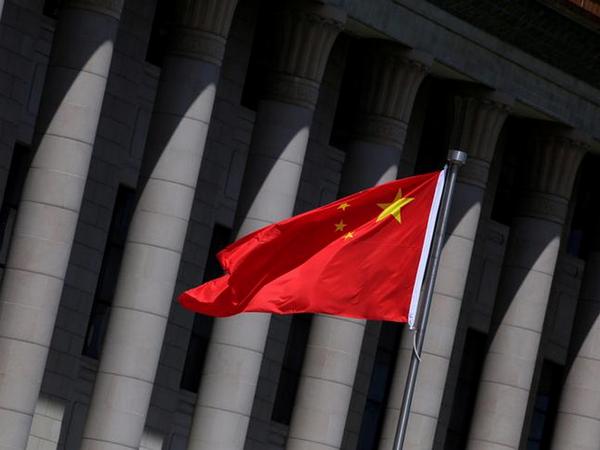
A Chinese flag flutters in front of the Great Hall of the People in Beijing, China, May 27, 2019. REUTERS/Jason Lee
Beijing [China], February 20 (ANI): Chinese people continued to face difficulty as the economy of the country is falling, ramping up the risk of social unrest in the nation, Global Strat View reported citing the World Economic Forum’s (WEF) economic outlook. China‘s economy is slow and it no longer satisfies the aspirations of upward mobility. The educated unemployment percentage is getting higher and higher and at the same time the economic rate is going down. Beijing’s old economy seems to be reaching its limits: both Chinese and foreign manufacturers are offshoring their factories, and the construction sector, which once led demand, is facing an oversupply crisis.
The falling economy has not only affected the lower class but also the middle-class society. The potential middle-class society is either unemployed or in low-paid jobs with marketing platforms or as delivery drivers. The dream of an almost entirely middle-class society, reflected in the official watchwords’ small prosperity’ and ‘common prosperity,’ has run up against China‘s economic problems, the contradictions within its society, and the emergence of alternative social visions. These challenges, which appeared in the early 2000s, have been accentuated by the pandemic.
The class system is becoming rigid. Incomes are no longer increasing. While the country is going through a low phase, the education system and healthcare are also getting expensive. Collective medical insurance systems cover a dwindling proportion of costs, and private insurance is becoming essential, according to Global Strat View.
The recent uprising may not reflect widespread unrest, but it has revealed the frustration of an urban, educated generation resentful of three years of pandemic containment measures that have curtailed their ability to live, work, socialize, and travel freely. It is a generation of young people who see little future in an introverted country with a dimming economy.
The headlines on China‘s economic slowdown do not always illustrate the human impact which the country’s youth has disproportionally borne. China‘s youth unemployment rate — those in urban areas looking for employment between ages 16- 25 — climbed to around 20 per cent. This was against the overall unemployment rate of about 5- 6 per cent. Rising youth unemployment may exacerbate discontentment.
High levels of youth unemployment and underemployment, combined with disaffection with their jobs, are a recipe for despair and disaffection. Without addressing these concerns in the coming years, China will see a generation of lost youth who may look for disruptive ways to voice their despair.
Earlier, people protested against the draconian and longstanding COVID mandates. Regular Chinese people are demanding an end to not merely the COVID mandates that have weakened China‘s prosperity and cost innumerable lives but Xi Jinping’s tenure and even the end of Communist party rule. Demonstrators inside and outside China protested against the Chinese government’s COVID-19 abuses, economic hardships, censorship, and President Xi’s expanded power, reported Global Strat View.
In October in Beijing, a man draped two banners over a bridge, calling for the end of Xi’s rule. In November, hundreds of residents in Guangzhou took to the street and tore down barriers in defiance of abusive lockdown orders. A fire at an apartment building under lockdown in Xinjiang, where at least ten people died, triggered the protests in Shanghai, Beijing, and many other cities that began in November.
In the latest outburst of public discontent since nationwide protests against COVID curbs gripped the country late last year, thousands of elderly people recently staged a rally in the rain in central China to protest against significant medical benefits cuts. Residents said the cut had come at a time of soaring healthcare costs that many retirees could not afford.
The spontaneous ‘Blank Paper movement,’ after people in China held up blank sheets of papers to express discontent against COVID-19 restrictions and dodge censorship, has turned many ordinary young Chinese into accidental activists who have unwittingly rekindled China‘s beleaguered rights defence movement, which was almost completely eradicated under Xi’s decade-long, iron-fisted crackdown on activists, dissidents, rights lawyers, and NGOs.
The Blank Paper movement shows that even under the dictatorial regime’s hi-tech surveillance, people still managed to stage nationwide protests. The movement has also spread worldwide, as per the report in Global Strat View. (ANI)
China ends coal ban, starts contacting Australian producers
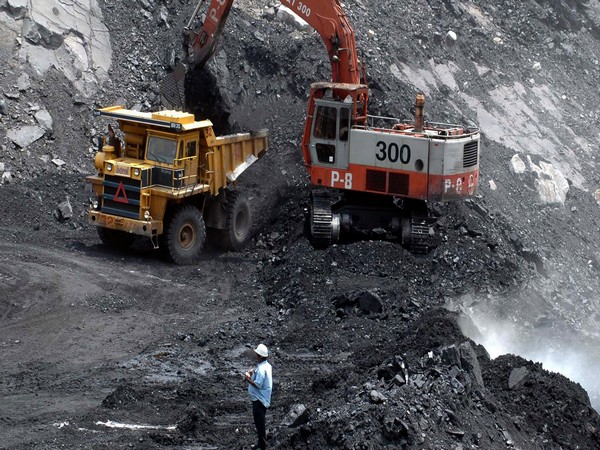
Canberra [Australia], February 20 (ANI): China has effectively ended its ban on Australian coal producers that has been a centrepiece of a diplomatic dispute lasting more than two years to cause “economic pain,” news.com.au, an Australian-based website reported. One of the coal producers, New Hope Corporation confirmed that several Chinese buyers had approached them in the past month to purchase their coal.
At the beginning of the year 2020 or since Covid-19 broke out, China imposed a number of bans on Australian products including iron ore, wine, and beef after then-Prime Minister Scott Morrison called for an investigation into the origins of coronavirus. Although the coal ban was never official, for the last two years China has shadow-banned the Australian resource, putting it on an invisible blacklist.
The move was taken by China to bring Australia‘s economy to kneed but now, Beijing has lifted the ban, and the dynamics changed, reported news.com.au. Unconfirmed reports first emerged in early January that China was relaxing its coal ban. The Chinese Communist Party reportedly allowed four of its major importers, including the country’s biggest steelmaker, Baowu, to buy up Australian coal in the first week of January.
According to Sydney Morning Herald, several other Australian mining companies, which preferred not to be named, have also been approached by Chinese manufacturers in the last mount, as well as New Hope Corporation, which has its head office in Brisbane. In a statement to news.com.au, a New Hope Corporation spokesperson said they had “seen a sizeable increase in inquiries from Chinese buyers in the past month”.
But in an embarrassing moment for China, the Australian mining company isn’t willing to supply them with their coal – because their coal is going elsewhere, including to disputed Chinese territory and enemy of the CCP, Taiwan, according to news.com.au. “The group’s current production remains fully contracted to existing, customers, including long-term international customers in Japan and Taiwan,” the New Hope spokesperson said.
Before this trade issue came between the two countries, China used to buy coals from Australia, generating USD 13 billion for the latter country, according to 2019 figures. This then dried up in 2020 practically overnight. However, Australia bounced back quickly after finding alternate markets in India, Japan, Taiwan and South Korea, among others, reported news.com.au.
Soaring prices saw Australian coal companies enjoy hefty profits, with revenue for the material tripling in 2021 to 2022 financial year to USD 68 billion. (ANI)








